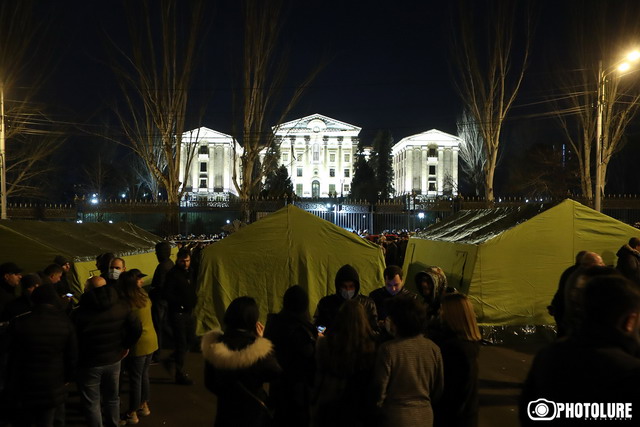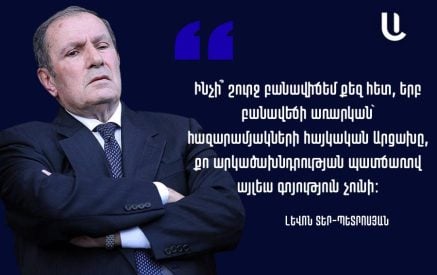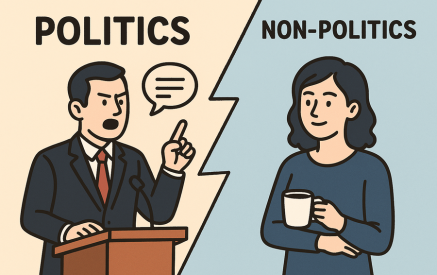Recently, I was speaking to a political scientist who, in my opinion, conducts interesting and educated assessments of international issues. I asked if they discuss the domestic political issues in Armenia. They said no, they try not to assess domestic issues- it is a topic of ‘misfortune.’ Even if you say something innocent and obvious, or something normal, it doesn’t matter- one of the sides will be dissatisfied with that, and they might take a half-sentence from the text and try to attribute things to you that you never said with their irresistible urge to see you in some camp.
This is the usual reaction of the masses and, in particular, of social network users, not only in Armenia, but in the whole free and “semi-free” world. Polarization of opinions, “radicalization” takes place everywhere, and those who influence or try to influence public opinion do their best not to appear to someone who calmly, without prejudices, without qualifications (labels) tries to understand, discuss, and analyze the situation. Representatives of various “trenches” are very upset by such a moderate position and usually, in a fit of emotion, shout, “How can it be compared?”
For example, US official circles, semi-official foundations and their NGO beneficiaries around the world are convinced that the attack on parliament after the election is a just popular uprising in a post-Soviet or, say, African country, aimed at establishing democracy. But the attack by Trump supporters earlier this year on the US Capitol has been described by some as an attack on democracy, and it was strongly condemned. The contingent of “talk shows” of Russian federal channels evaluates the same events from the exact opposite position. And the representatives of the two poles, if you try to analyze these cases in more depth, seeing no angels or monsters anywhere, will be very upset and demand, “Do not dare to compare honest citizens fighting for high ideals with these scum.”
This is why many intelligent people refuse to analyze domestic life. Any honest analysis, any attempt to think, leads to two types of frustration: a) “How do you compare his Excellency, the glorious Prime Minister, whose name cannot even be given, with these robbers and oppressors?” or b) “How can you compare a traitor and capitulator with the freedom fighters and heroes of Artsakh?”
Read also
But I personally, unlike the political scientist I referred to at the beginning of the article, will continue my attempts to understand the reality and present it to you, dear readers. And to understand, you have to see the processes in their combination.
Aram Abrahamyan
























































